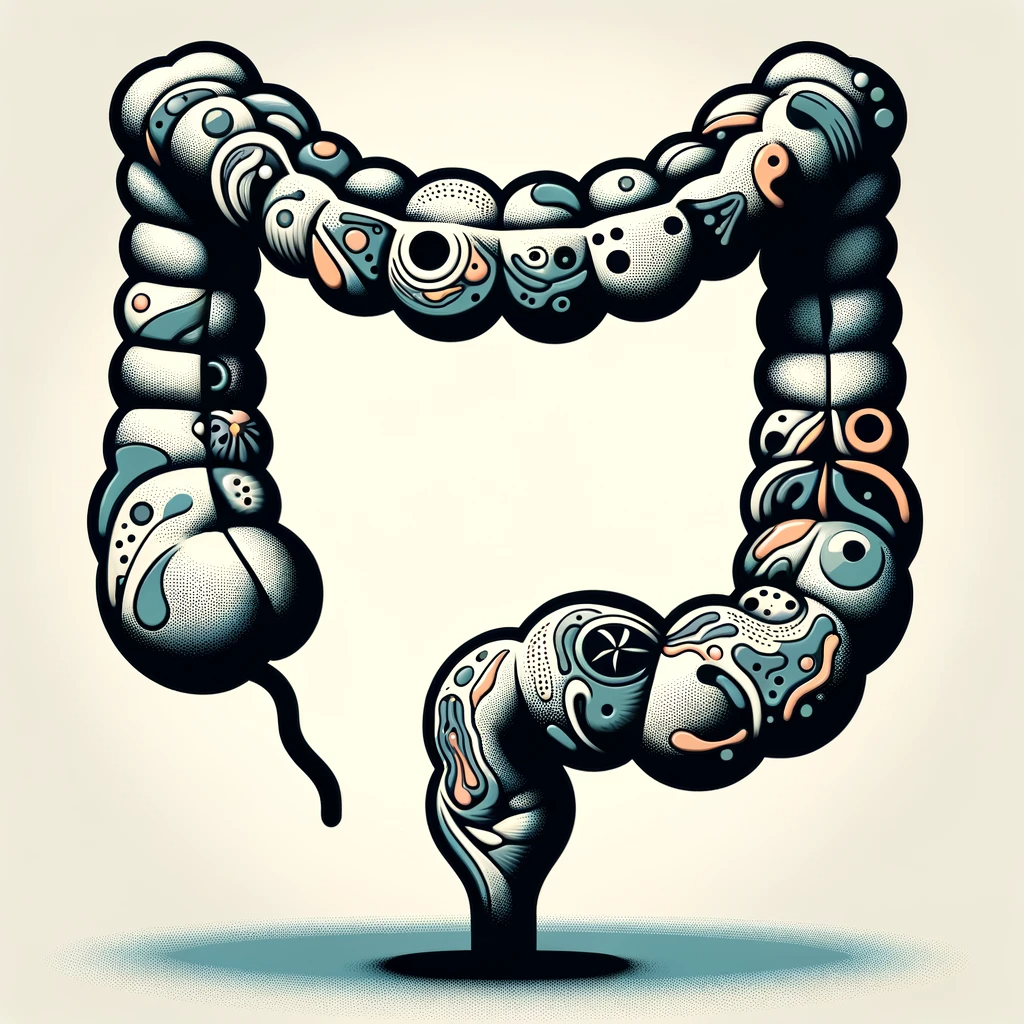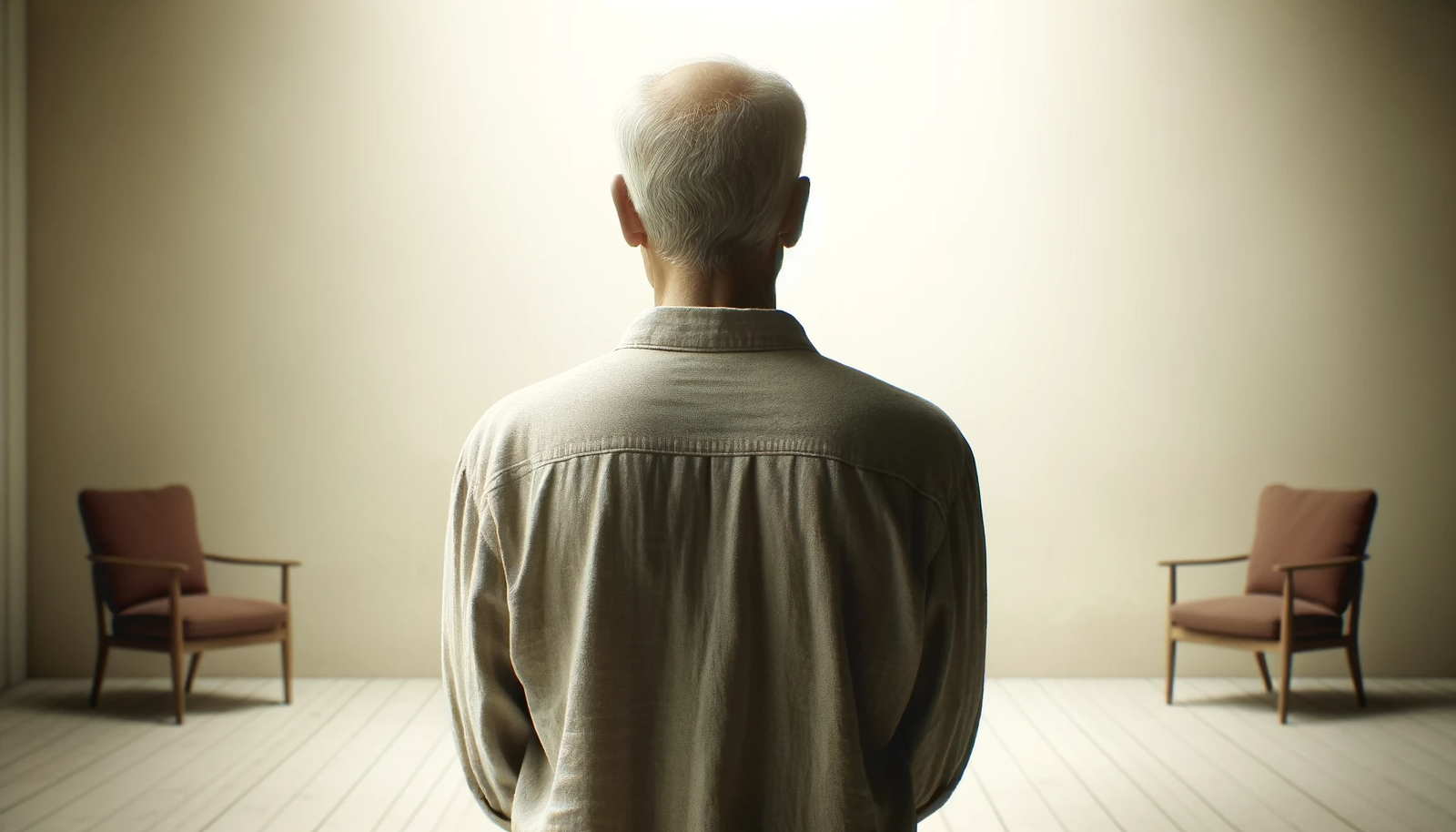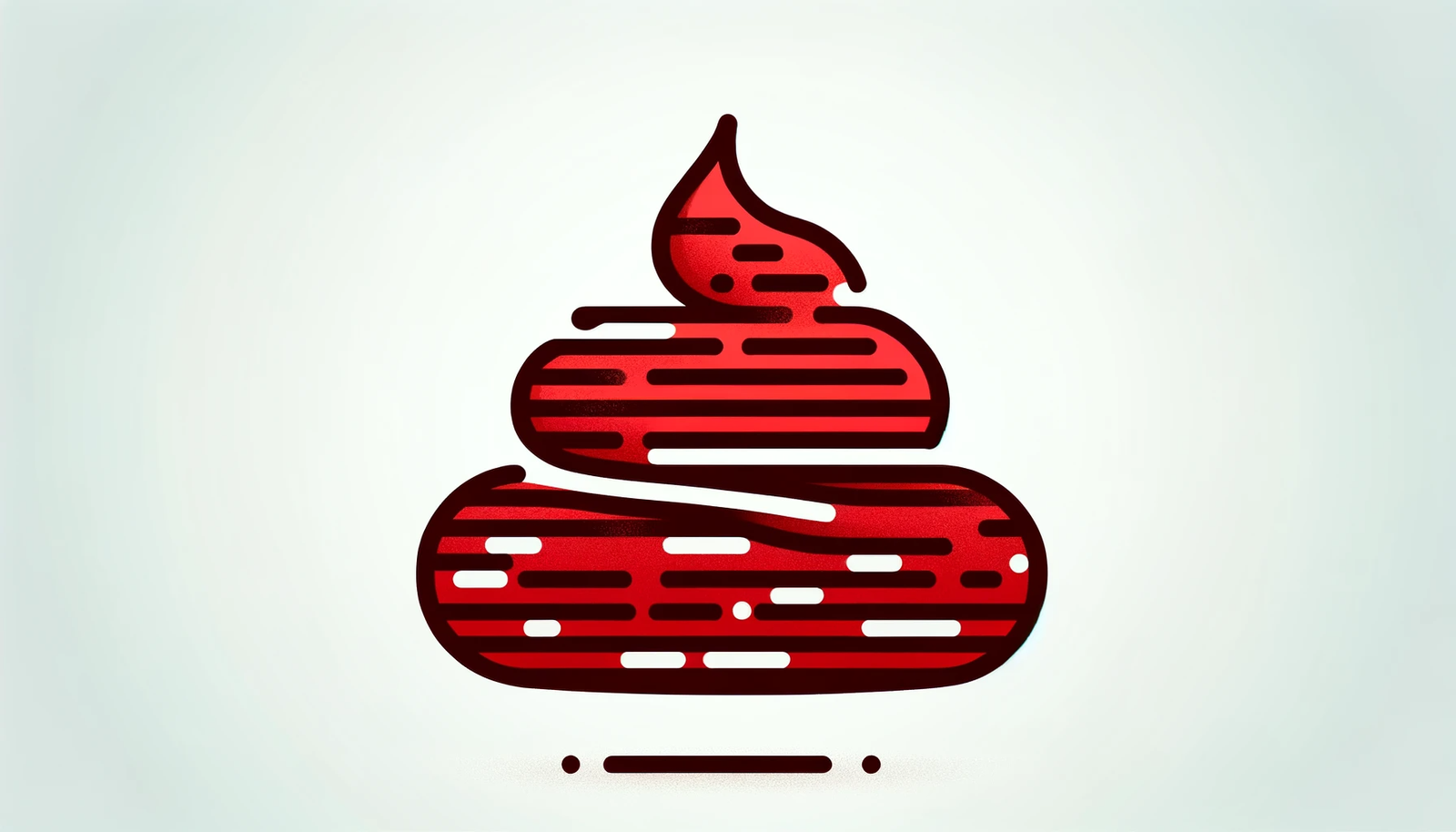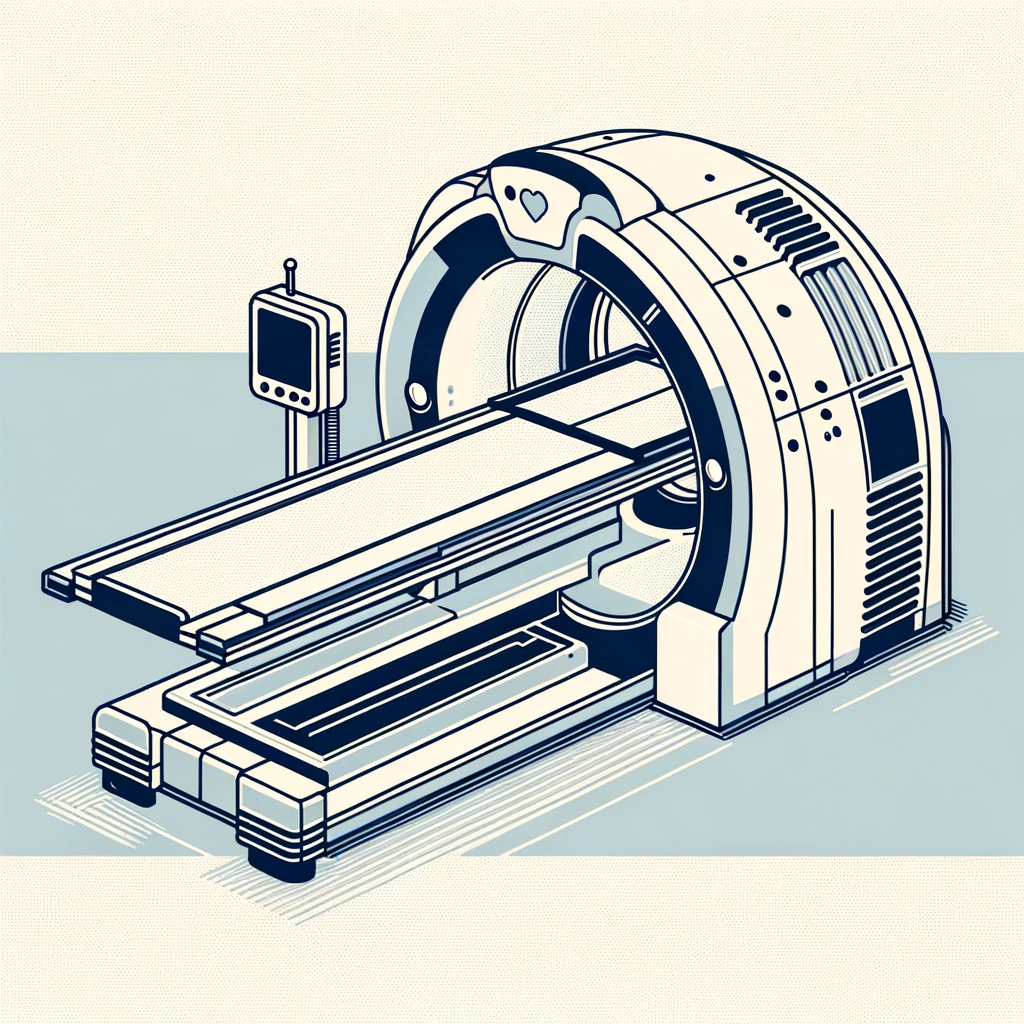Symptoms and Treatment of Colorectal Cancer

Colorectal cancer (CRC)
The word “cancer” triggers fear in people. It is one of the most dreaded diagnoses worldwide. Contrary to popular belief, several types of cancer can be avoided by understanding the risk factors and diagnosing early with the help of screening tests. Colorectal cancer (CRC) is one such cancer that has been growing in incidence in our country.
CRCs are cancer that grow in the large intestine of the gastrointestinal tract. They are slow growing tumors that, over a period of time, spread to the local lymph nodes and then gain access to the bloodstream and spread to other organs in the body, most commonly the liver.
Risk factors

One of the most critical risk factors for colorectal cancer is increasing age, with the risk increasing significantly for people over 50 years of age. However, off late, we see a rise in cancers developing in younger people. More and more people younger than 40 are developing CRC. Exact cause is not known, probably it could be attributed to adoption of western diet and sedentary lifestyle.
Another one of the most important risk factors is having a family history of CRC. If multiple first/second degree relatives and multiple generations of the family are affected it is important to test for inherited form of CRCs. Smoking, a diet low in fiber content, and a higher intake of red meat can all contribute to the cancer. Patients with IBD (Ulcerative colitis) are at higher risk of developing CRCs.
Signs and Symptoms

Some of the common signs and symptoms of oesophageal cancer include:
- Feeling of incomplete evacuation after a bowel movement.
- Blood and/or mucus in stool.
- Recent alterations in your bowel habits.
- Getting tired too soon and shortness of breath/ anemia.
- Unintentional weight loss.
If you experience any of these symptoms, it is important to consult with a healthcare provider for a proper diagnosis and prompt treatment. Early detection and treatment can improve the chances of successful outcomes for Colorectal cancer.

WhatsApp and book a Consultation.
If you are experiencing the mentioned signs and symptoms, we urge you to take prompt action. To schedule an online consultation, please reach out to us via WhatsApp. You have the option to click on the 'Book Consultation' link or directly message us at +91 82177 51382 for immediate assistance.
Diagnosis and Treatment
Fortunately, there is an effective screening test available. Colonoscopy is an outpatient procedure that takes a few minutes. The guidelines worldwide now recommend a colonoscopy for patients over the age of 45, done once in 10 years. Patients with a family history of CRC will require screening at an earlier age.
As most of these cancers start as small polyps before turning into cancers, screening can potentially avert you from developing an advanced CRC. People tell us that they are scared to get screened, but isn’t it scarier if you have an advanced tumor that your doctor can’t cure.
If you do get diagnosed with CRC, the treatment options then include either /or a combination of Surgery, Chemotherapy and Radiation. Minimally invasive surgery ( Laparoscopic /Robotic) is equally effective in CRC as open surgery and leads to faster recovery of the patients.
The treatment is usually customized to each patient and the deciding factors include the site of the tumor, its stage and the general fitness of the patient.


We strongly encourage our readers to embrace a healthier way of living, which is crucial for maintaining overall well-being. This includes integrating a diet rich in fiber, which is essential for digestive health and can aid in the prevention of various health issues. Regular physical activity is also paramount; engaging in consistent exercise helps in strengthening your body, enhancing your mood, and boosting your energy levels.
Additionally, it is vital to avoid smoking. Smoking is known to be detrimental to your health, increasing the risk of numerous diseases, including those related to the digestive system.
Particularly for those who are 45 years old or above, we emphasize the importance of regular health screenings. Early detection of potential health issues can be lifesaving, and routine check-ups are a key part of preventive healthcare.